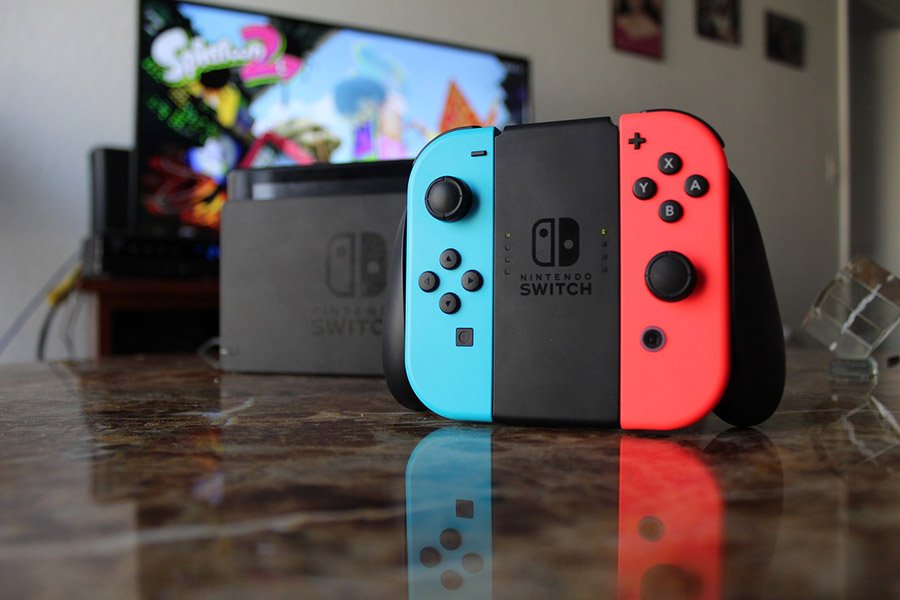Nintendo, the gaming giant known for its iconic characters and beloved franchises, is facing mounting criticism for its perceived anti-consumer practices. The most recent controversy stems from the company’s refusal to offer refunds for mistakenly purchased Pokémon expansion passes.
This incident has reignited discussions about Nintendo’s commitment to customer satisfaction and raised questions about their approach to customer service.
Nintendo’s Refusal to Refund: A Closer Look
The issue at the heart of the current controversy is Nintendo’s strict policy on refunds for digital content. If a customer accidentally purchases the wrong expansion pass for Pokémon Sword or Shield, there’s no way to get a refund or exchange it for the correct version.
This rigid stance leaves customers in a bind, as there’s no flexibility to correct honest mistakes. The impact of this policy is significant, as it can lead to frustration, financial loss, and a sense of being disregarded by the company.
History of Anti-Consumer Practices
This isn’t the first time Nintendo has faced backlash for its policies. The company has a history of controversial decisions that have been viewed as anti-consumer. For example, Nintendo previously engaged in a costly legal battle to deny customers the right to refunds for other products.
These legal battles underscore a pattern of behavior that suggests Nintendo prioritizes corporate interests over customer satisfaction. Critics argue that a company with such a dedicated fan base should be more considerate of its customers’ needs and more willing to address their concerns.

Customer Reactions and Online Backlash
The news of Nintendo’s strict no-refund policy for miss-purchased Pokémon expansion passes has sparked a wave of negative reactions across social media, particularly on platforms like Twitter.
Customers expressed their dissatisfaction, sharing personal stories of buying the wrong expansion pass and finding no recourse for correction. Many users highlighted how other companies provide more customer-friendly policies, emphasizing that Nintendo’s approach feels outdated and inflexible.
Some users voiced their frustration at the lack of a simple exchange or refund process, pointing out that such measures are common in other digital marketplaces. The outcry on social media reflects a broader sentiment that Nintendo, despite its beloved games and characters, does not prioritize customer satisfaction when it comes to handling digital transactions. This backlash serves as a clear indication that customers expect better from a company with Nintendo’s reputation and resources.
Comparing with Industry Standards
When comparing Nintendo’s refund policy with those of other gaming companies, it’s clear that Nintendo’s approach is stricter and less flexible. For instance, Steam, a leading digital game distribution platform, allows customers to request refunds for games, even after they have been played for a limited amount of time. This policy has proven successful, providing customers with peace of mind while maintaining the platform’s profitability.
Other companies in the gaming industry have also implemented customer-friendly refund policies without compromising their business models. This contrast raises questions about why Nintendo remains resistant to adopting similar practices.
Critics argue that Nintendo could easily implement a more flexible policy without suffering significant financial losses, especially given the company’s strong position in the gaming market. By not following industry standards, Nintendo risks alienating its customer base and damaging its reputation as a company that cares about its fans.

The Case for a More Customer-Friendly Approach
Nintendo’s strict refund policy has drawn criticism for being overly rigid and out of touch with customer expectations. A more flexible approach to refunds could benefit both customers and Nintendo itself. By allowing customers to correct simple mistakes, Nintendo would demonstrate a commitment to customer satisfaction, fostering loyalty and trust among its fan base.
One potential solution could be a grace period for refunds on digital content. This approach would give customers a short window of time to correct accidental purchases, similar to other platforms. Alternatively, Nintendo could implement an exchange system, allowing customers to swap one version of an expansion pass for another if purchased by mistake. Both solutions would show that Nintendo values its customers and is willing to accommodate their needs.
By adopting a more customer-friendly approach, Nintendo could also mitigate negative publicity and prevent further backlash. Such changes would align with industry standards and help ensure that customers feel respected and valued when engaging with Nintendo’s digital content.
Conclusion: Nintendo’s Reputation and Customer Trust
Nintendo’s policies regarding refunds and customer service have a direct impact on the company’s reputation and customer trust. The current controversy over Pokémon expansion pass refunds has highlighted the negative consequences of a strict approach. Customers expect flexibility and understanding from a company with Nintendo’s stature, and when these expectations aren’t met, trust erodes.
To rebuild and maintain trust, Nintendo must reconsider its policies and focus on customer satisfaction. A more flexible refund system, clear communication, and a willingness to address customer concerns are crucial steps toward regaining the confidence of the gaming community. By adopting a more customer-centric approach, Nintendo can reinforce its reputation as a company that truly values its fans and is committed to providing a positive gaming experience.








Add comment